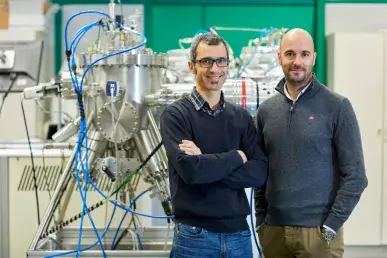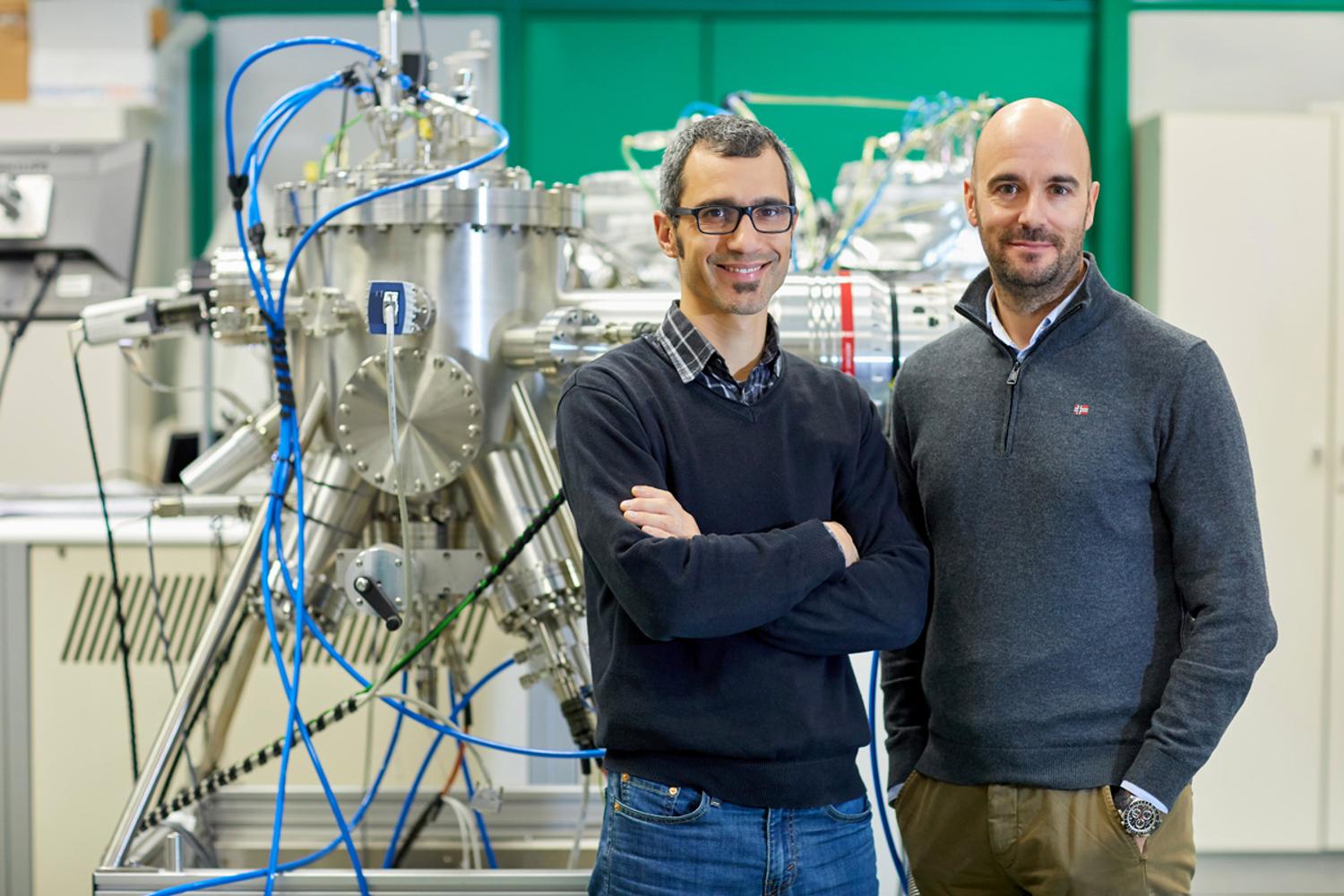A project coordinated by CIC nanoGUNE receives nearly 4 million euros from the European Commission
CIC nanoGUNE is coordinating the SPEAR project, which seeks to explore new materials for the next generation of computer memories and processors; five European academic institutions (CEA-France, ETH Zürich-Switzerland, IMEC-Belgium, U. Hamburg-Germany, Martin Luther University Halle–Germany) and three European companies (ANTAIOS-France, QZabre-Switzerland, NanOsc-Sweden) are also involved in the project.


SPEAR has been selected by the European Commission for funding within its ITN programme. The 4-year project will receive nearly 4 million euros. This funding will be used mainly to fund the recruitment and high-level training of 15 pre-doctoral researchers. SPEAR is led by Fèlix Casanova, an Ikerbasque Research Professor in the Nanodevices Group at nanoGUNE.
“The research aims to find new materials with strong spin-orbit coupling, to explore new phenomena associated with these materials, and to develop devices based on these phenomena for the upcoming generation of computer memories and processors,” said the head of the project at nanoGUNE. “Unlike conventional RAM memory, data will not be stored in the form of electric charge or current flows, but by means of magnetic storage components in the next generation of memories, such as MRAM (Magnetic Random Access Memory). To substitute current microprocessors using silicon transistors we also have various candidate technologies, such as spin logic or MESO logic, machine learning and neuromorphic computing, which would stand to benefit from these new materials,” added Fèlix Casanova.
